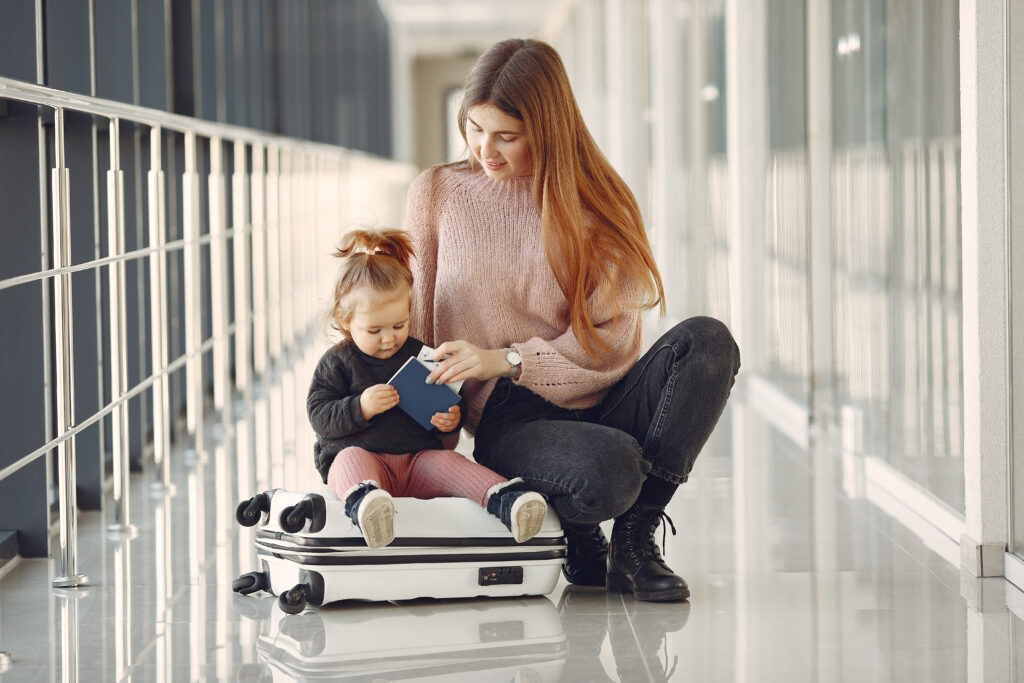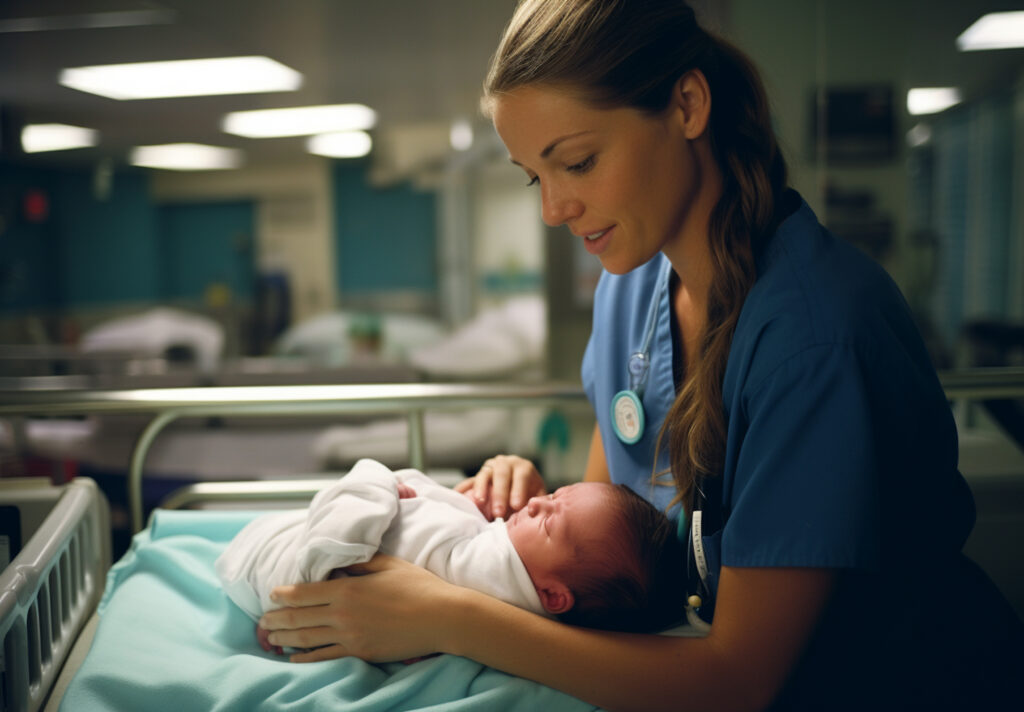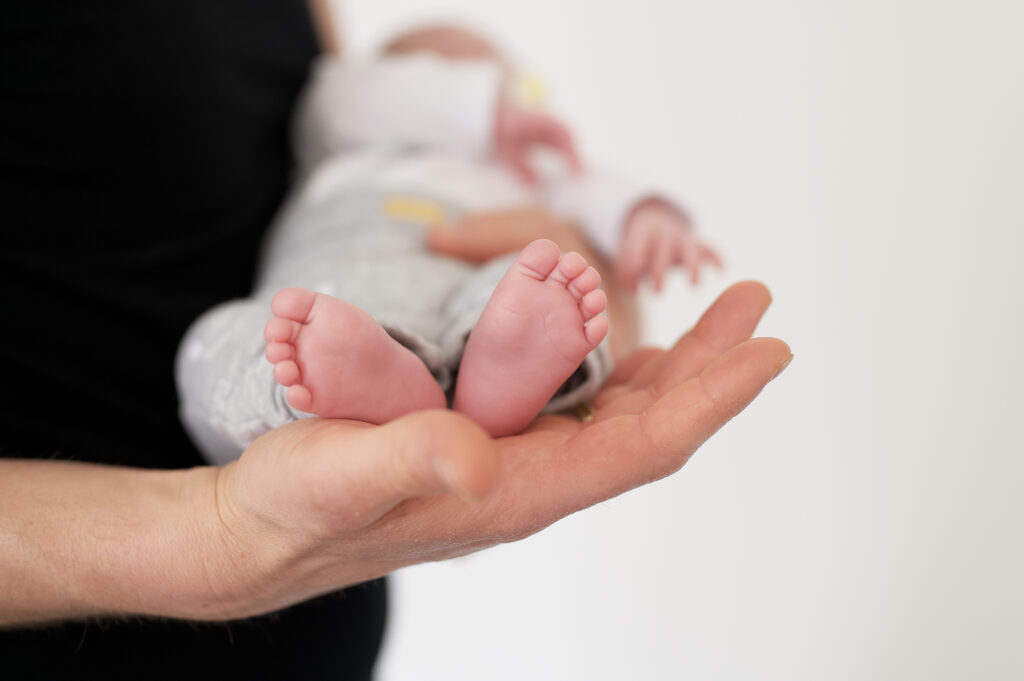
A simple guide for parents to keep newborns safe, healthy, and protected 👶✨
🌟 Why Baby Vaccinations Matter
Your baby’s immune system is still developing, which makes them more vulnerable to infections. Vaccinations act as a shield against dangerous diseases like polio, measles, hepatitis, and more.
👉 Think of vaccines as your baby’s first superhero cape 🦸♂️—keeping them safe right from the start.
🗓️ Baby’s First Immunization Schedule
Here’s a quick look at the newborn vaccination chart recommended by pediatricians:
- At birth → BCG, Hepatitis B (first dose), OPV (Oral Polio Vaccine)
- 6 weeks → DTP, Hib, Rotavirus, IPV, Hepatitis B (second dose)
- 10 weeks → Repeat of DTP, Hib, Rotavirus, IPV
- 14 weeks → Another round of DTP, Hib, Rotavirus, IPV, Hepatitis B
💡 Tip: Always keep a vaccination card handy—it helps you track doses easily. 📒
🤔 Common Worries Parents Have
- “Will my baby get fever?” → Mild fever or fussiness is common—it’s a good sign the vaccine is working. 🌡️
- “Are vaccines safe?” → Yes ✅. They are thoroughly tested and monitored.
- “What if we miss a dose?” → Don’t panic! Consult your pediatrician to reschedule.
🍼 How to Comfort Your Baby After Shots
- Hold and cuddle your baby 🤱
- Breastfeed—it soothes pain and keeps them hydrated
- Use a cool compress on the injection site
- Distract with gentle singing or toys 🎶🧸
🌈 Final Thought: A Small Prick, A Lifetime of Protection
Yes, your baby might cry for a moment, but remember—these tiny shots bring lifelong protection. Vaccinations are one of the most powerful ways to ensure your child grows up healthy, strong, and ready to explore the world. 🌍💖


